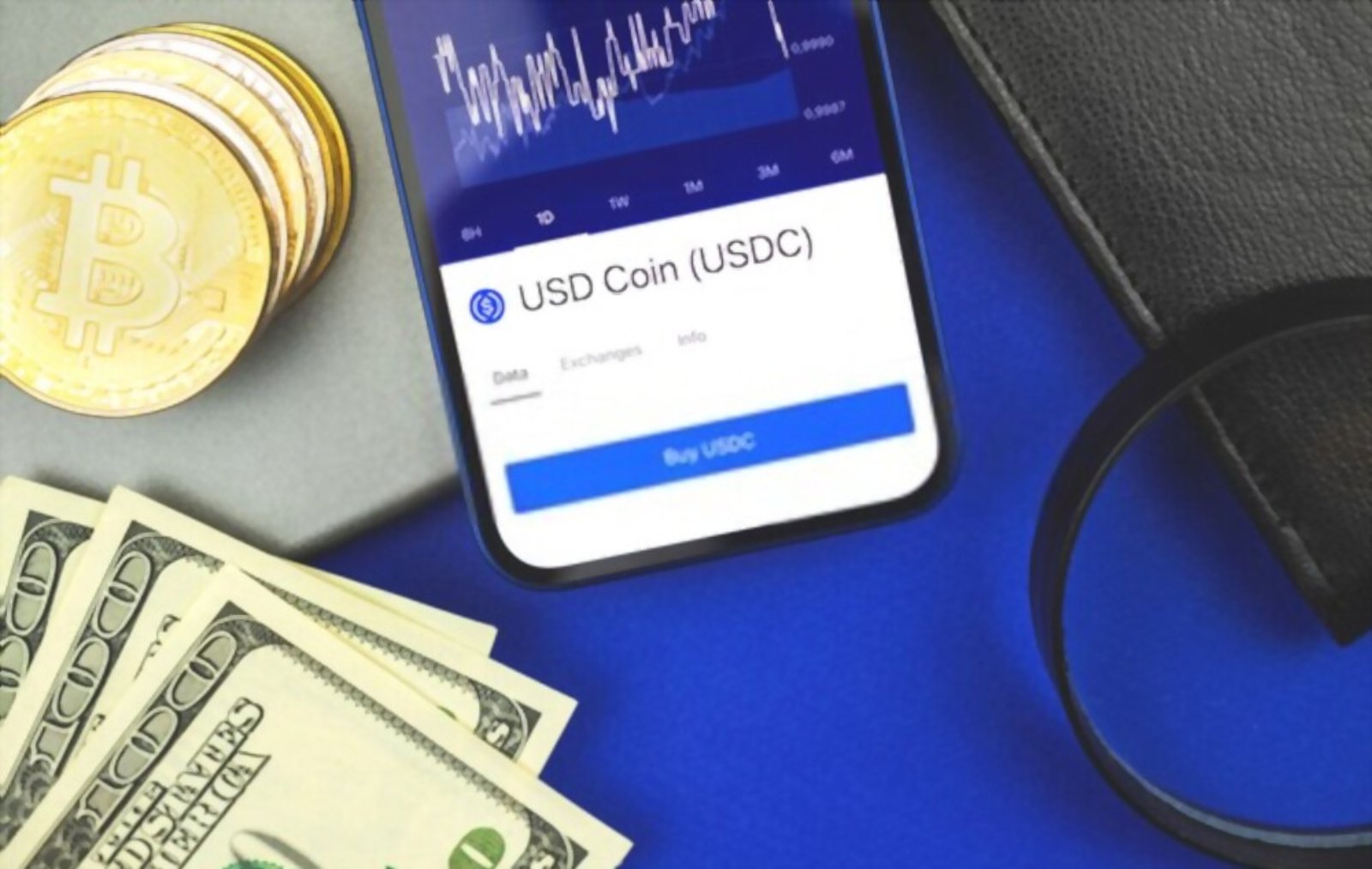
- The second largest stablecoin issuer, Circle, is expanding support for USDC across five leading blockchains
- USDC will now be available on Arbitrum One, Near, Polkadot, Optimism, and Cosmos
- In addition, the firm has also launched the Cross Chain Transfer Protocol to facilitate smooth interoperability for USDC across all chains.
USDC will now be available on five additional blockchains, as per the announcement made by Circle on Wednesday. In addition, the firm is also bolstering efforts to launch a new protocol that is set to facilitate a smooth transfer of USDC across all the blockchains.
USDC Is Now Available On Five New Blockchains
Circle, the company backing USDC stablecoin, is all set to expand its base to make its stablecoin USDC available on five additional blockchains. From next year onwards, USDC will be available on Near, Optimism, Arbitrum, Cosmos, and Polkadot.
“Circle Internet Financial, a global digital financial technology firm and the issuer of USD Coin (USDC) and Euro Coin (EUROC), announced the intent to make USDC available on five additional blockchain ecosystems, including – Arbitrum, Cosmos, NEAR, Optimism, and Polkadot.
By the end of 2022, USDC intends to be available natively on Arbitrum One, NEAR, Optimism, and Polkadot. USDC on Cosmos intends to go live in early 2023. ” The announcement reiterated.
In simple crypto terminology, stablecoins have been described as cryptocurrencies whose price is designed to be pegged to the reference asset. The reference asset can be fiat money like US dollars, exchange-traded commodities, or cryptocurrency itself.
USDCs’ expansion and availability on five additional blockchains intends to permit blockchain developers and users to experience greater liquidity and interoperability within the domain of cryptocurrency.
As stated by Joao Reginatto, VP of Product at Circle, “The multi-chain expansion is intended to increase USDC’s native availability from eight ecosystems to thirteen and enables blockchain developers building on USDC and their users to experience greater liquidity and interoperability within the crypto economy,”
In addition to this, Reginnatto reiterated how multi-chain support for USDC could be the real game changer for the stablecoin
“Extending multi-chain support for USDC opens the door for institutions, exchanges, developers, and more to innovate and have easier access to a trusted and stable digital dollar.” Reginatto later shared.
With the inclusion of five additional blockchains, USDC has ticked off another milestone in its wake by marking its availability on 13 additional blockchains. The stablecoin was already available on Ethereum, Solana, Avalanche, and Polygon. Tron, Algorand, Flow, Hedera, and Stellar.
Circle Launches Cross-Chain Transfer Protocol For USDC
Moreover, the leading stablecoin issuer is all set to launch a Cross Chain Transfer Protocol to help “developers build seamless user experiences for sending and transacting USDC natively across blockchains.”
With the launch of Circle’s Cross Chain Transfer Protocol, developers building wallets, bridges, payment apps, and financial services tools can enable users to send USDC across all major chains.
“The Cross-Chain Transfer Protocol effectively teleports USDC from one ecosystem to another, maximising capital efficiency and streamlining the user experience.” The statement adds
The Protocol has been designed to be “composable”, allowing developers and users to seamlessly transfer USDC to support actions such as trading, payments, commerce, and yield generation.
“The Cross-Chain Transfer Protocol ultimately enables USDC to function as a universal dollar liquidity layer across ecosystems, providing the most capital efficient way to transport value across the crypto ecosystem.” “We are confident this new open-source technology will offer developers a more connected, interoperable platform for USDC and Euro Coin across chains, ultimately allowing them to build the best user experiences,” said Joao Reginatto, VP of Product at Circle.
This news is republished from another source. You can check the original article here




